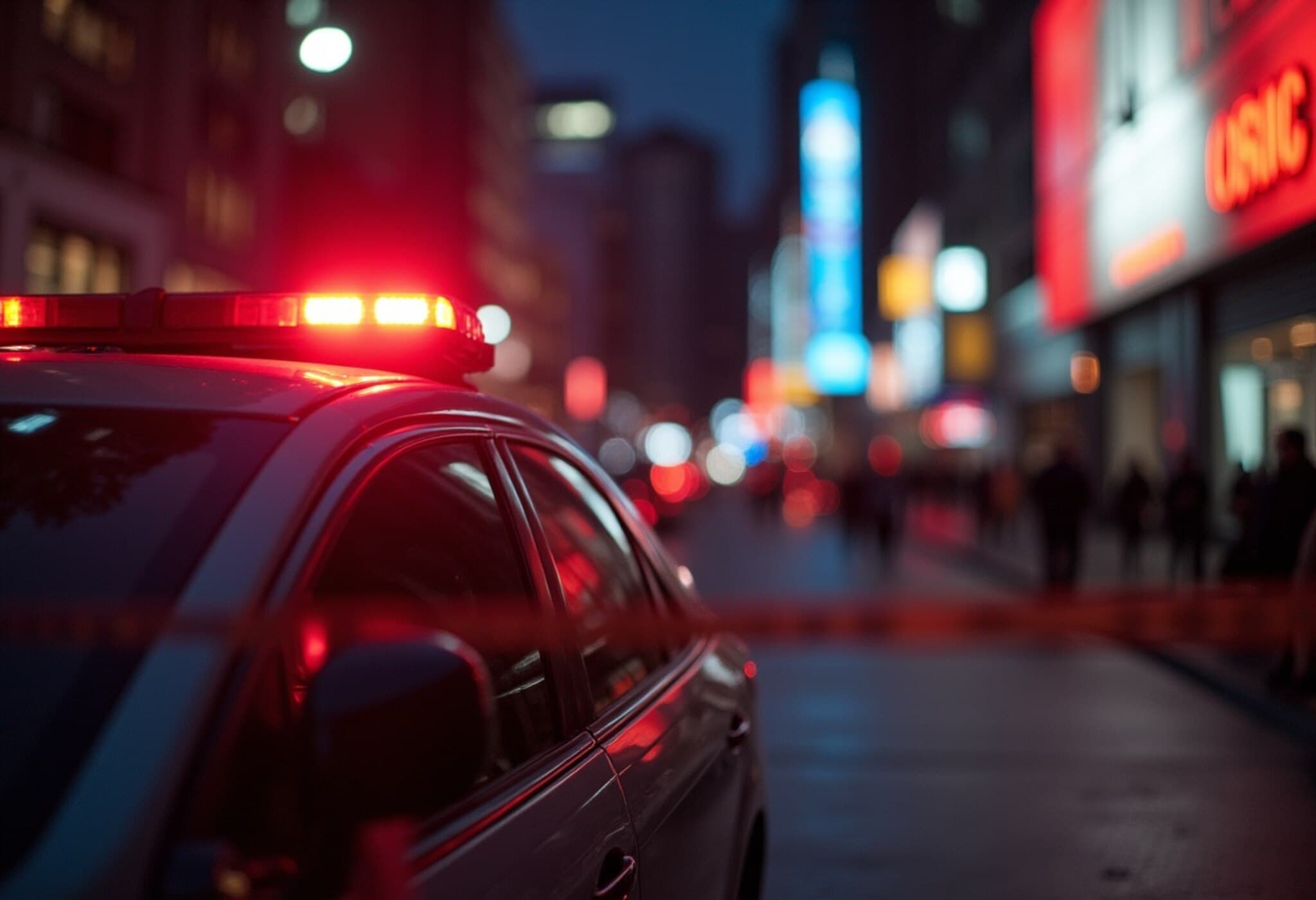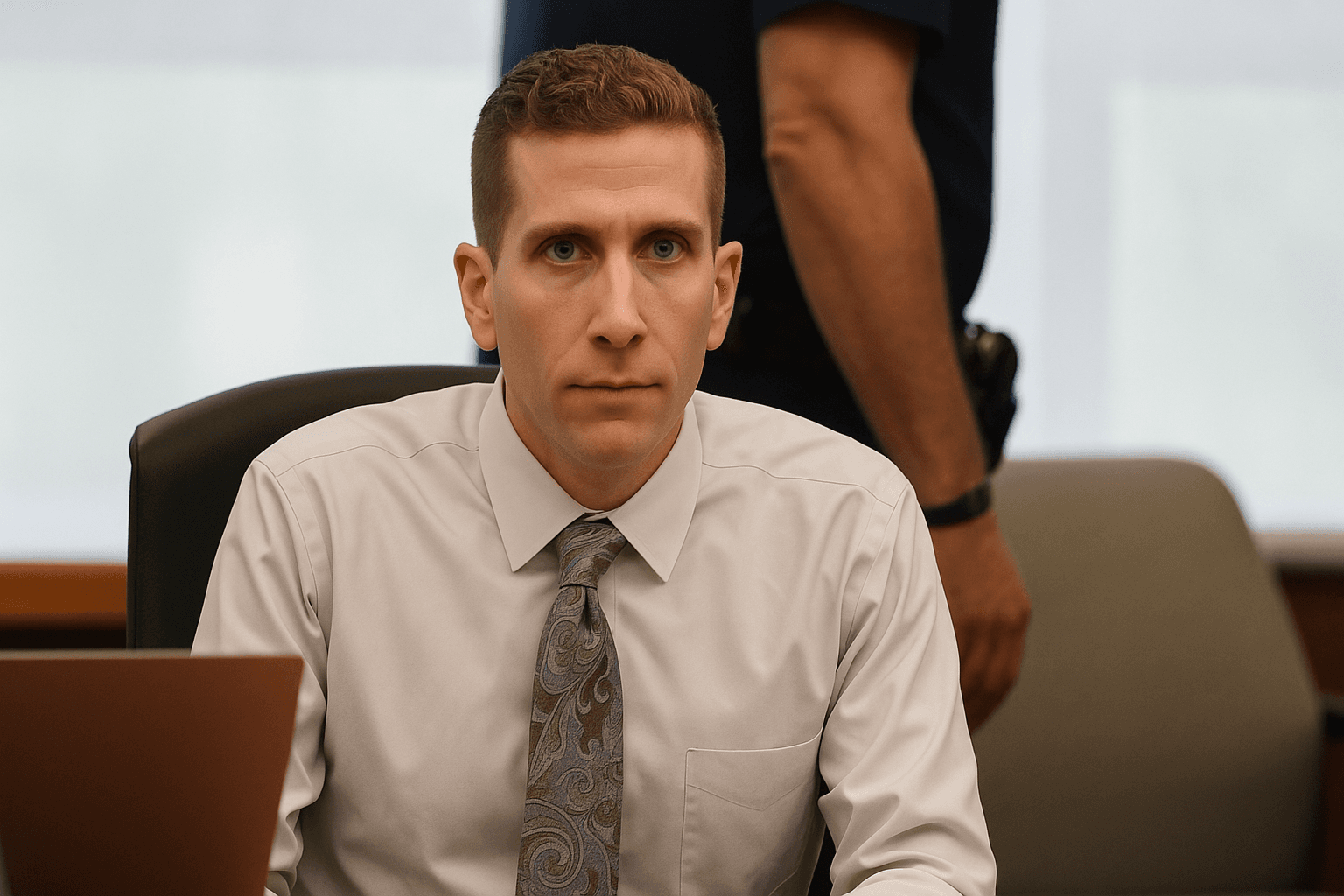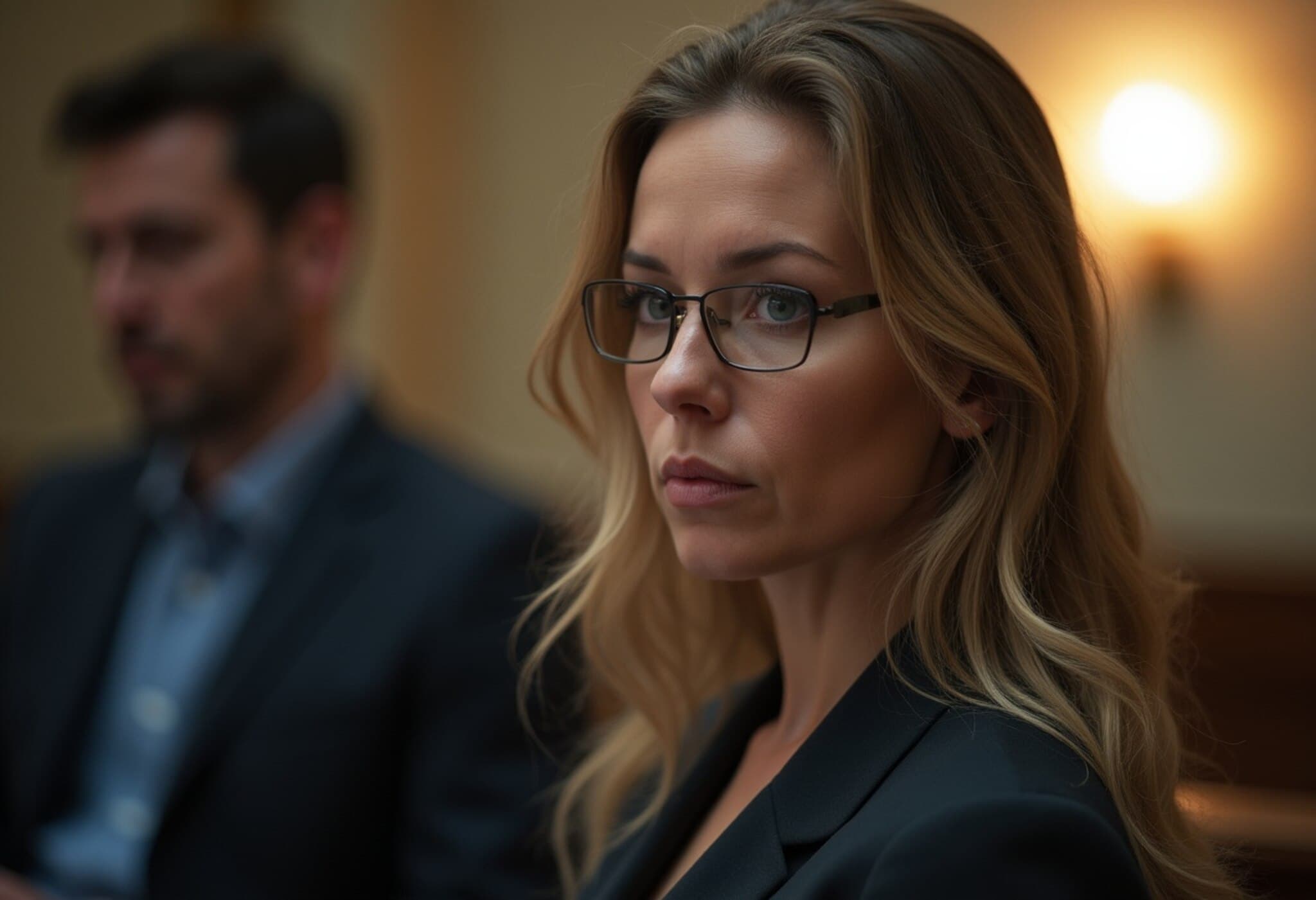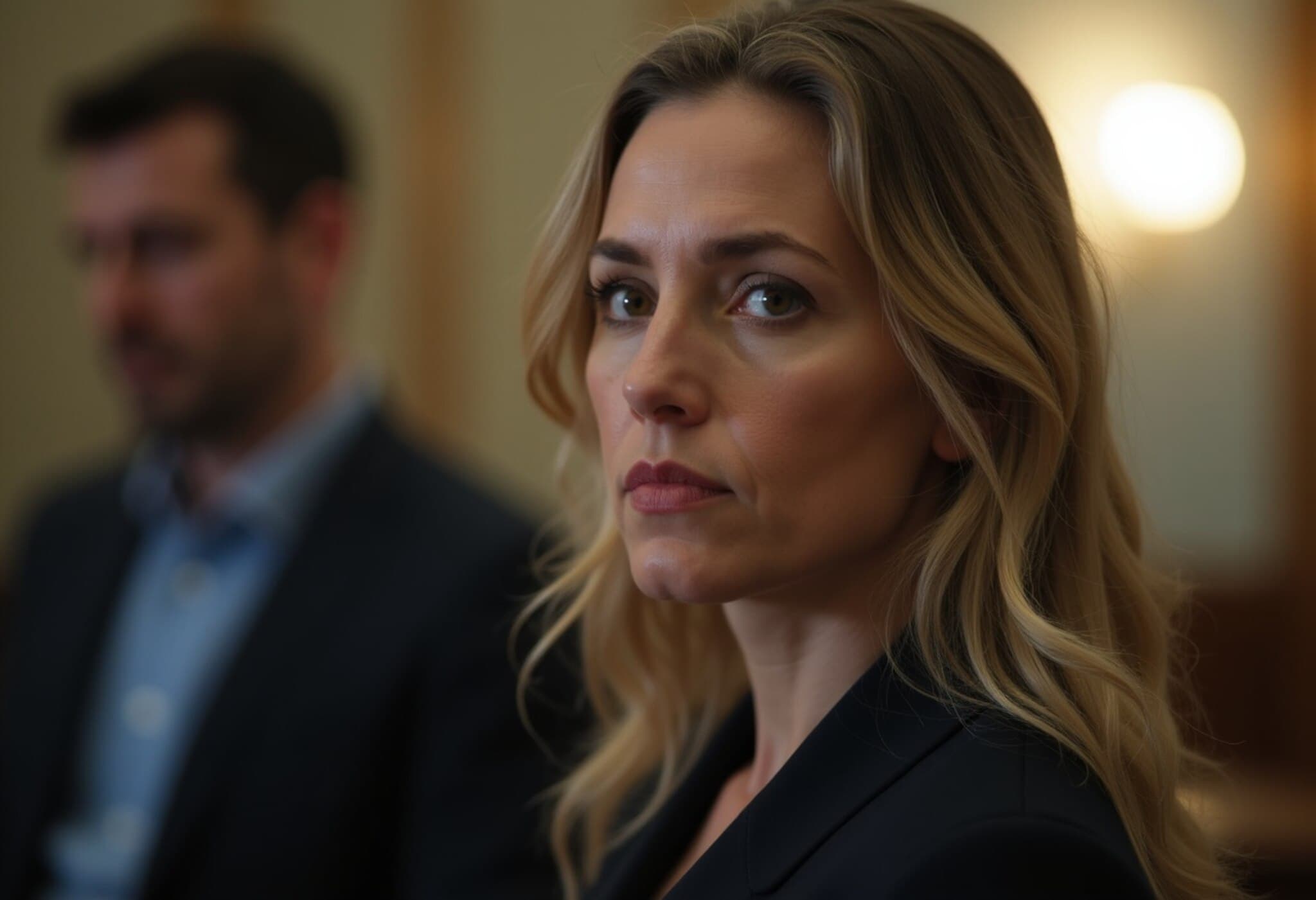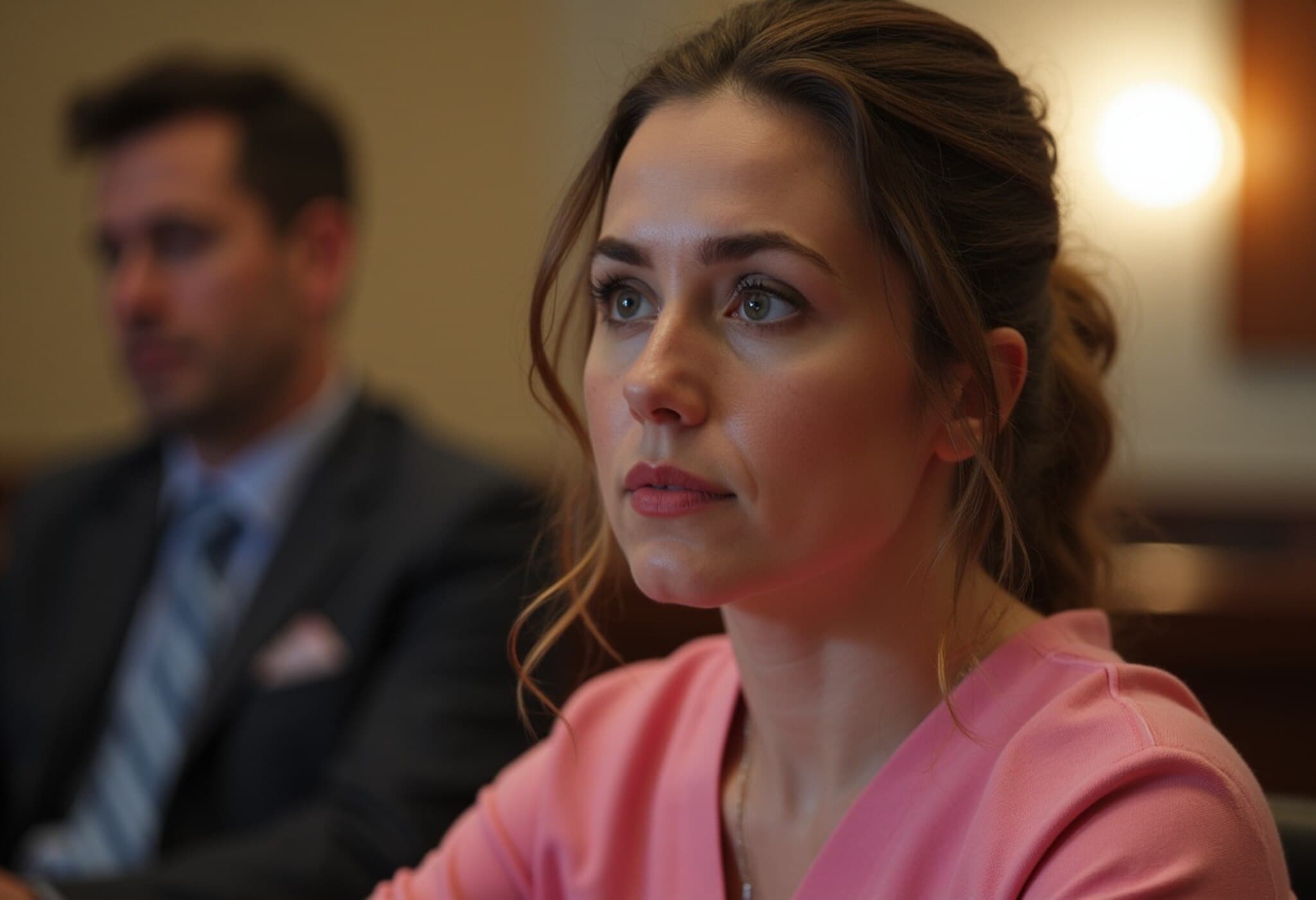Jury Begins Full Day of Deliberations in Karen Read Murder Trial
The retrial of Karen Read entered a critical phase Monday as the 12-member jury returned to Norfolk Superior Court in Dedham, Massachusetts, for their first complete day of deliberations. Read stands accused of second-degree murder in the tragic death of her boyfriend, Boston police officer John O'Keefe.
Judge Beverly Cannone confirmed that jurors had not been exposed to any outside information about the case over the weekend and promptly sent them to deliberate upon reconvening. Shortly after the jury retired, the defense requested an alteration to the verdict slip; however, the judge swiftly rejected the motion.
Details of the Verdict Slip Dispute
Defense attorneys argued the current verdict slip design could confuse jurors. Their main concern centered on the layout of the manslaughter charge section, where only one "not guilty" box appears, facing four "guilty" options corresponding to different degrees or types of manslaughter. They claimed this imbalance might subtly bias jurors towards a guilty verdict by overwhelming the "not guilty" choice.
Despite these objections, Judge Cannone denied the defense motion without a hearing, affirming that the verdict slip complies with Massachusetts state law. As a result, the original format remains in use and jurors continue deliberating with this form.
What the Verdict Slip Looks Like
The verdict slip presented to the jury categorizes charges under clear counts, requiring jurors to check a box indicating their decision for each specific charge, including manslaughter and second-degree murder. The defense's push was to simplify and balance these options visually, which the court declined.
Background: The Case Against Karen Read
Karen Read, 45, faces charges related to the fatal January 2022 incident where Officer John O’Keefe died following a collision involving Read's 2021 Lexus SUV during a blizzard. Prosecutors contend that Read, allegedly intoxicated, struck O'Keefe with her vehicle after a heated argument and then fled the scene, leaving him to die in the snow outside a residence where friends gathered.
Expert testimony detailed that O'Keefe fell backward after impact, hitting his head on the frozen ground. The prosecution described Read's actions as a drunken hit-and-run, emphasizing the severity of the offense.
Defense's Perspective
The defense vehemently disputes the collision narrative, asserting there was no vehicle impact. They argue a flawed and possibly corrupt police investigation, suggesting an alternative theory where O'Keefe was assaulted during a fight and moved postmortem. Defense attorney Alan Jackson repeatedly stated there was "no collision," presenting the possibility of a romantic rival being responsible.
Timeline and Trial Progress
This trial marks Read's second attempt to face charges for O'Keefe's death, following a mistrial in 2024 due to a deadlocked jury after 27 hours of deliberation. The current trial began on April 22, 2025, featuring over 30 days of testimony and extensive witness testimonies before closing arguments concluded last Friday.
Jurors spent about 90 minutes in initial deliberations last Friday, with the judge instructing them to remain within five minutes of the courthouse during deliberations. Observers anticipate a verdict announcement within an hour once the jury reaches a decision.
Charges and Potential Consequences
- Second-degree murder
- Manslaughter while operating under the influence of alcohol
- Leaving the scene causing personal injury and death
If convicted of the most serious charges, Read could face life imprisonment.
What to Watch Next
Courtroom cameras remain off during deliberations but will resume coverage if jurors send questions to the judge or when a verdict is delivered. The community and legal observers alike await the jury's decision in a case that has captivated Boston and raised critical questions about justice, responsibility, and the tragic loss of Officer O'Keefe.





